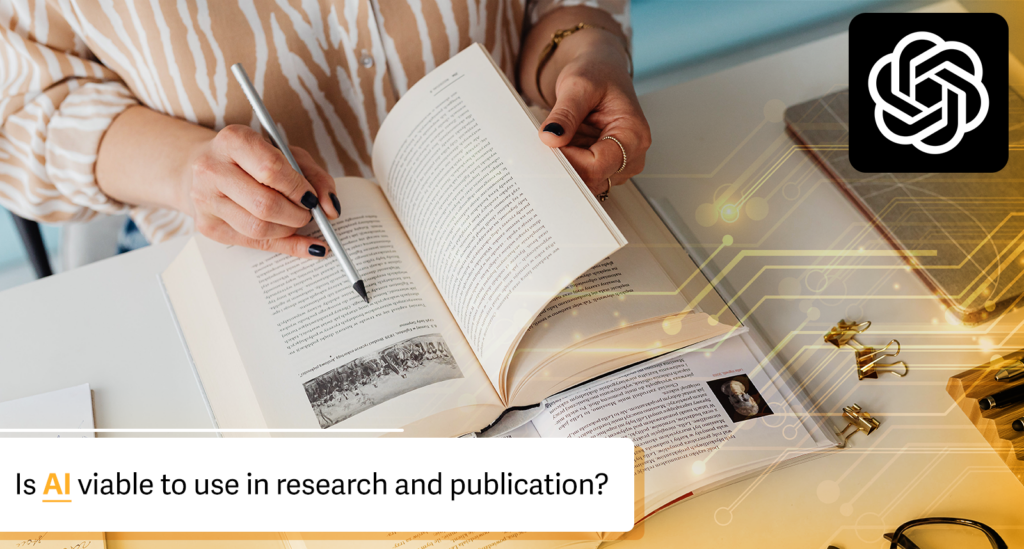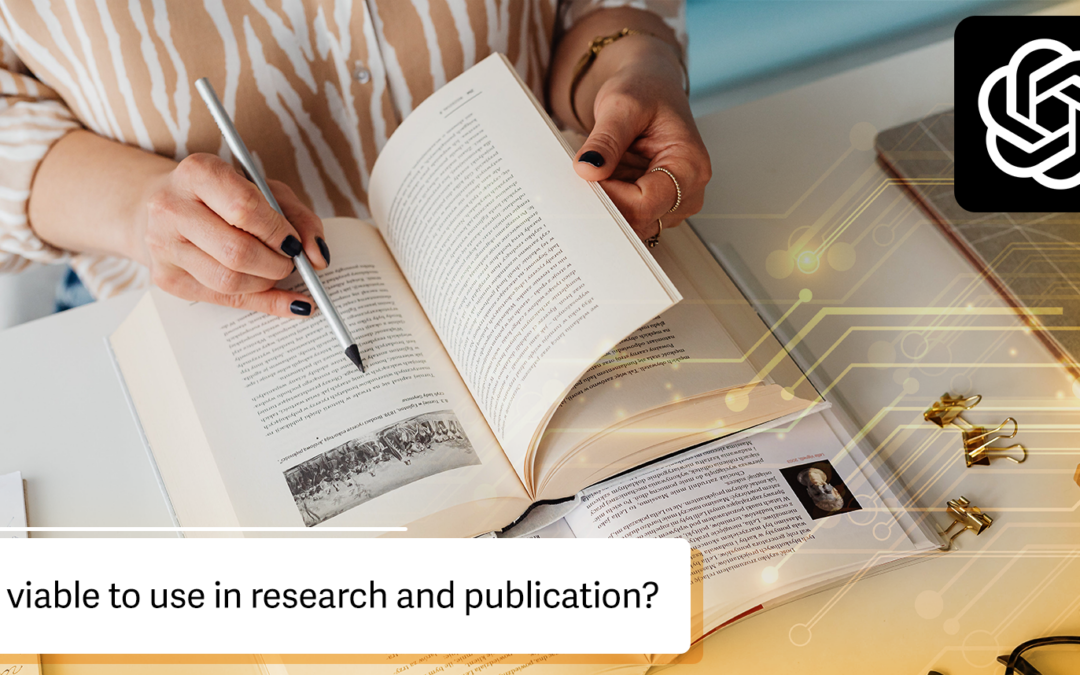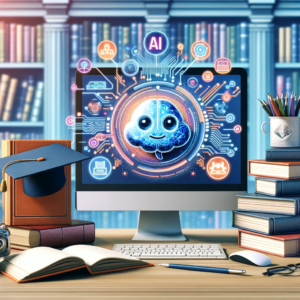What does AI really know about technology-enhanced learning? What happens when you go ‘all in’ with AI? What does engaging in this process say not only about our discipline, but, our humanity and identity as scholars?
These were the overarching questions posed by a recent special issue call from the Irish Journal of Technology Enhanced Learning. Kristen Peña, Jonathan McMichael, and Medha Dalal of the FSE Learning and Teaching Hub explored these questions to see how Generative Artificial Intelligence can serve as a valuable tool for educational and scholarly contexts. This is especially exciting as ASU will have the opportunity to further explore GenAI through a recently announced partnership with OpenAI and the AI Innovation Challenge.
Peña, McMichael, and Dalal prompted ChatGPT-4, a Large Language Model (LLM), to generate a short report on the topic of technology-enhanced student success programs for first-year, first-generation college students. ChatGPT-4 recognized the conventions of academic writing and was able to present a robust list of technology-enhanced student program ideas with its reasoning behind design choices. However, they found the ideas generated lacked the depth and critical lens to provide actionable insights.
Peña, McMichael, and Dalal (2023) reflected:
This process of creating a prompt and critical reflection was an opportunity for us to explore meaningful ways to employ GenAI tools and to enhance our skills to leverage GenAI. There are several implications for higher education practitioners looking to utilize GenAI to help design initiatives like student success programs. First and foremost, it is crucial to recognize that GenAI can be used as a valuable tool to formulate a wide range of program development or teaching and learning ideas. However, at this moment GenAI cannot reliably apply a deep critical lens. It cannot provide the real-world experience, perception, or discernment required for creatively designing solutions to a unique and evolving campus environment. Staff and administrators should consider utilizing GenAI partnered with their human expertise to create learning environments and holistic experiences that help students learn and thrive. It is still incumbent on us as professionals to leverage our expertise to recognize, evaluate, and develop those ideas for our campuses and communities. (p. 219)
Read their full article here.

Image of an “AI as a scholarship assistant/tool” generated by Phoebe Lashley, multimedia designer. February 2024.
Others from ASU also engaged in the journal’s special call. Nicole Jakubczyk Oster and Punya Mishra of Mary Lou Fulton Teachers College explored a book review from the perspective of Claude.AI. Similarly, their article concluded that “generative AI is an inadequate substitute for a human writer” (Oster & Mishra, 2023, p. 228).
This issue from the journal provided a snapshot of AI’s effectiveness in generating meaningful scholarship on teaching and learning in higher education. Even the creation and comparison of AI-generated and human-generated images for this article prompted the team to reflect on the limited capabilities of AI to create something that is human-centered and meaningfully connects to the content.
As we move forward, what should be the role of AI in our work, and how can our community adapt to harness its potential while safeguarding against possible harm?
References
Oster, N., & Mishra, P. (2023). Preparing Ourselves for Artificial Intelligence: A Review of The Alignment Problem and God, Human, Animal, Machine. Irish Journal of Technology Enhanced Learning, 7(2), 223–229. https://doi.org/10.22554/ijtel.v7i2.139
Peña, K., McMichael, J., & Dalal, M. (2023). Technology-Enhanced Student Success Program Short Report: GenAI’s Approach for First-Year First-Generation College Students. Irish Journal of Technology Enhanced Learning, 7(2), 208–222. https://doi.org/10.22554/ijtel.v7i2.122

